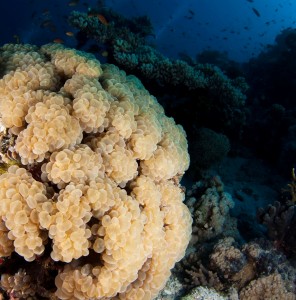FRIDAY, 15 FEBRUARY 2013
Each time we use an antibiotic, the weaker strains of infection are killed off while the stronger, more virulent strains are left behind to multiply. In the past, this has not caused much concern, as there has always been a new drug available to fight the infection. Now however, we are running out of options.There has not been a new antibiotic registered since 2003, explains project leader Professor Marcel Jaspars from the University of Aberdeen. Interest in developing new antibiotics has waned, as they are only used for short periods of time and their efficacy is limited to about ten years. This does not make them a profitable investment for drug companies and so our supply is running dry. “If nothing’s done to combat this problem we’re going to be back to a ‘pre-antibiotic-era’ in around ten or twenty years, where bugs and infections that are currently quite simple to treat could be fatal" says Jaspars.
One of the aims of PharmaSea is to look for new antibiotics in newly discovered marine bacteria. The project will bring together scientists from all over Europe in a large-scale multi-million pound effort to evaluate new bioactive molecules from sea-dwelling organisms. The project will drop a sampler from fishing vessels to collect sediment from the sea bed. The team will then attempt to grow unique bacteria and fungi within the sediment with the aim to isolate and test potential new antibiotics.
“We'll be testing many unique chemical compounds from these marine samples that have literally never seen the light of day. We're quite hopeful that we'll find a number of exciting new drug leads", says Dr. Camila Esguerra, Industrial Research Fellow and Lecturer with the Laboratory for Molecular Biodiscovery at the University of Leuven.
Written by Joanna-Marie Howes.

